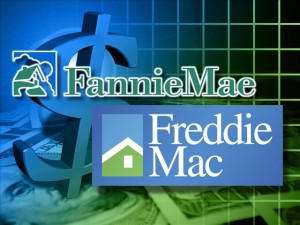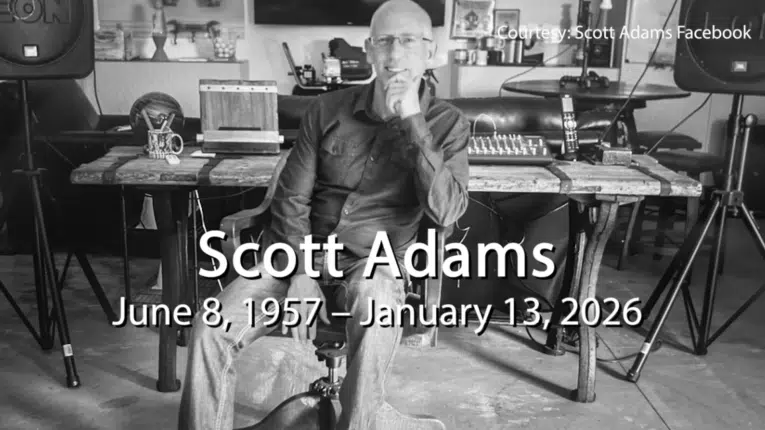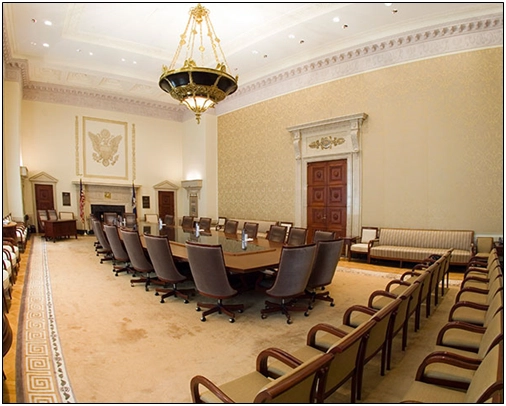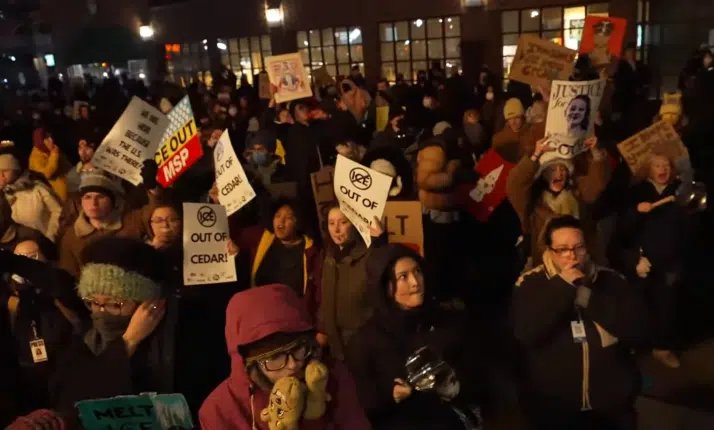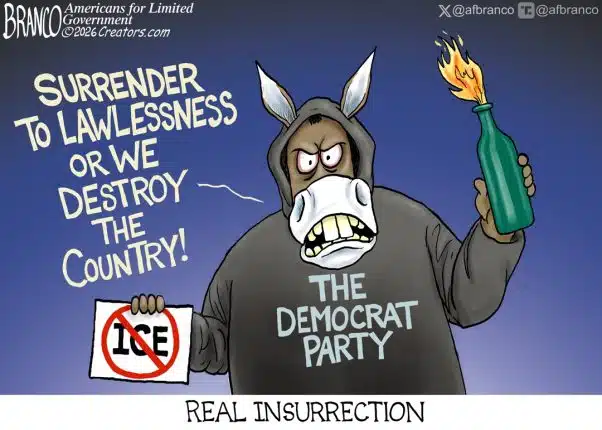The more things change, the more they stay the same. Take the case of Barney Frank, Chairman of House Financial Services Committee. In an interview with FOX Business’ Neil Cavuto, he called for Fannie Mae and Freddie Mac to be abolished. “The only question is what do you put in their place,” he said.
While intended to be a bombshell, Frank’s new “stand” should be viewed as nothing more than posturing — unless and until he presents any proposal that actually would abolish the government-owned mortgage giants. Especially since he views it as government’s responsibility to put something in its place.
What would he propose? He said, “I’ve worked closely with the Financial Services Roundtable… They are talking about the following: first of all, you separate it out, so there’s no more hybrid public-private. So, Fannie and Freddie and anything like them go out. You have a purely public FHA [Federal Housing Administration]… [that is] fully self-financing.”
Frank added, “If we want to subsidize housing then we could do it upfront and let the budget be clear about that.”
So, Frank apparently wants to roll everything into FHA with an explicit (rather than implicit) government guarantee. This is like ACORN changing its name to suit political conditions, but bears little relation to the reality that the same entity continues under a new name.
Nowhere has Frank called for the repeal of the HUD’s “affordable housing goals” imposed on Fannie and Freddie, nor the underlying law, the Community Reinvestment Act (CRA) from which the Clinton Administration promulgated the regulations. Nor has he called for raising the down payments on FHA loans, which currently can be as low as 3.5 percent, according to the Department of Housing and Urban development website.
Government-financed mortgages will continue if Frank has his way, this time under the FHA, and they will have an explicit guarantee by the federal government. He claims that FHA insurance will pay for the defaults. But, unless the CRA and the “affordable housing goals” regulations are repealed, the premiums won’t cover the losses that are likely.
Too-low-interest rates caused Fannie Mae and Freddie Mac to be undercapitalized when defaults on the mortgages they held came. Interest rates would need to rise to punitive levels to subsidize the cost of continuing to allow individuals below median income to take out mortgage loans they cannot afford.
But they did not rise when the bubble was blowing up, and they’re not rising now despite a national mortgage 90-day delinquency rate of 8.36 percent rate, according to the New York Fed.
Instead, government policy has artificially kept mortgage interest rates low, now at a record low of 4.42 percent, robbing the market from its natural mechanism for wringing risk out of the system.
Frank’s scheme does not address any of the above, and is akin to painting a house with a crumbling foundation. It looks good for a while, but eventually, it does collapse.
Bill Wilson is the President of Americans for Limited Government.


